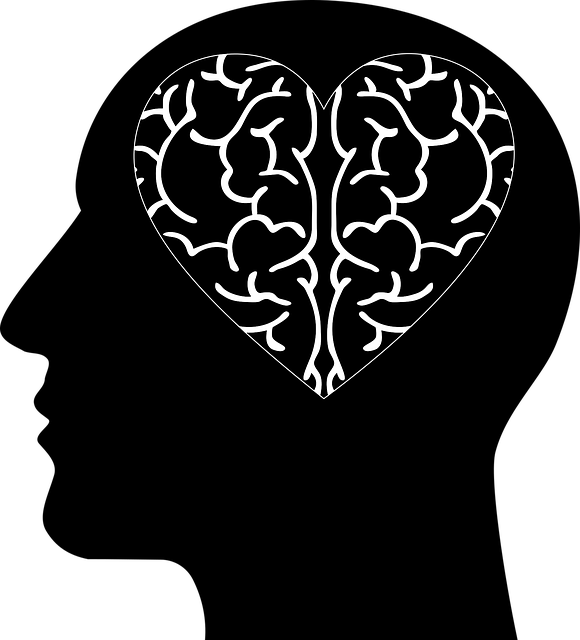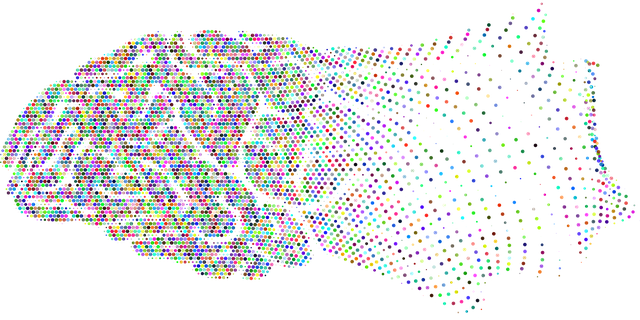Westminster Somatic Experiencing Therapy (WSE) offers a unique, holistic training approach for healthcare providers, emphasizing cultural competency and emotional healing. By integrating compassion cultivation, mental wellness journaling, and stress management tailored to diverse backgrounds, WSE enhances patient-provider relationships and improves health outcomes. Their methods boost resilience in professionals and equip them to guide patients through complex emotional healing, addressing mind-body connections for comprehensive physical and psychological well-being.
In today’s diverse healthcare landscape, cultural competency is no longer an option—it’s essential. Understanding and respecting patients’ unique cultural backgrounds can significantly improve patient outcomes and enhance care experiences. This article explores why cultural competency in healthcare matters and introduces innovative training programs, such as Westminster Somatic Experiencing Therapy (WSE), which offers a holistic approach to fostering empathy and understanding among medical professionals. By delving into effective implementation strategies, healthcare providers can navigate the complex tapestry of cultural differences, ultimately improving patient care.
- Understanding Cultural Competency in Healthcare: Why It Matters
- Westminster Somatic Experiencing Therapy: A Holistic Approach to Training
- Implementing Effective Cultural Competency Training Programs
Understanding Cultural Competency in Healthcare: Why It Matters

Cultural competency in healthcare refers to the ability of providers to understand, appreciate, and effectively interact with patients from diverse cultural backgrounds. It’s about recognizing that cultural beliefs, values, and practices significantly influence an individual’s health, well-being, and interaction with the healthcare system. In today’s diverse society, where nearly one in five Americans identifies as a member of a racial or ethnic minority group, this skill set is more crucial than ever.
At Westminster Somatic Experiencing Therapy (WSE), we emphasize cultural competency training because it fosters better patient-provider relationships and improves health outcomes. By incorporating compassion cultivation practices and mental wellness journaling exercise guidance, healthcare professionals can develop a deeper understanding of their patients’ experiences. This, in turn, leads to more accurate diagnoses, effective treatment plans, and enhanced overall mood management. Such an approach ensures that every individual receives care that respects their unique cultural identity and promotes true healing.
Westminster Somatic Experiencing Therapy: A Holistic Approach to Training

Westminster Somatic Experiencing Therapy (WSE) offers a unique and holistic approach to healthcare provider training, focusing on emotional healing processes and mental wellness coaching programs. This methodology delves into the interconnectedness between the mind and body, acknowledging that traumatic experiences often manifest in physical symptoms. By integrating WSE techniques, healthcare professionals can develop coping skills to better serve patients facing a range of issues.
Through immersive training, providers learn to facilitate deep relaxation and help clients process and release trapped emotions. This not only enhances their own resilience but also equips them to guide patients through challenging emotional healing processes. The result is a more comprehensive and compassionate healthcare approach that addresses both physical and psychological well-being, ultimately fostering better patient outcomes.
Implementing Effective Cultural Competency Training Programs

Effective cultural competency training programs are essential for healthcare providers to navigate the diverse landscape of patient populations. These initiatives should go beyond surface-level awareness and delve into deeper understanding and empathy. One successful model that can be adapted is Westminster Somatic Experiencing Therapy (WSE), which fosters compassion cultivation practices among practitioners. By integrating WSE techniques, training can focus on stress management strategies that resonate with various cultural backgrounds, enhancing the patient-provider relationship.
Incorporating Mental Health Policy Analysis and Advocacy into the curriculum ensures that participants not only gain practical skills but also understand the broader context of healthcare systems. This holistic approach encourages advocates to address systemic barriers, ensuring equitable access to mental health services for all communities. Through interactive workshops and real-life case studies, trainers can facilitate meaningful discussions on cultural nuances, challenging stereotypes, and promoting inclusive practices, ultimately improving the quality of care delivered.
Healthcare provider cultural competency training, such as that offered by Westminster Somatic Experiencing Therapy, is a holistic and effective approach to bridging healthcare gaps. By understanding and appreciating diverse cultural perspectives, providers can deliver more personalized, compassionate, and successful patient care. Implementing well-structured programs like these is crucial for creating inclusive health systems that address the unique needs of all communities, ultimately improving overall population health.














